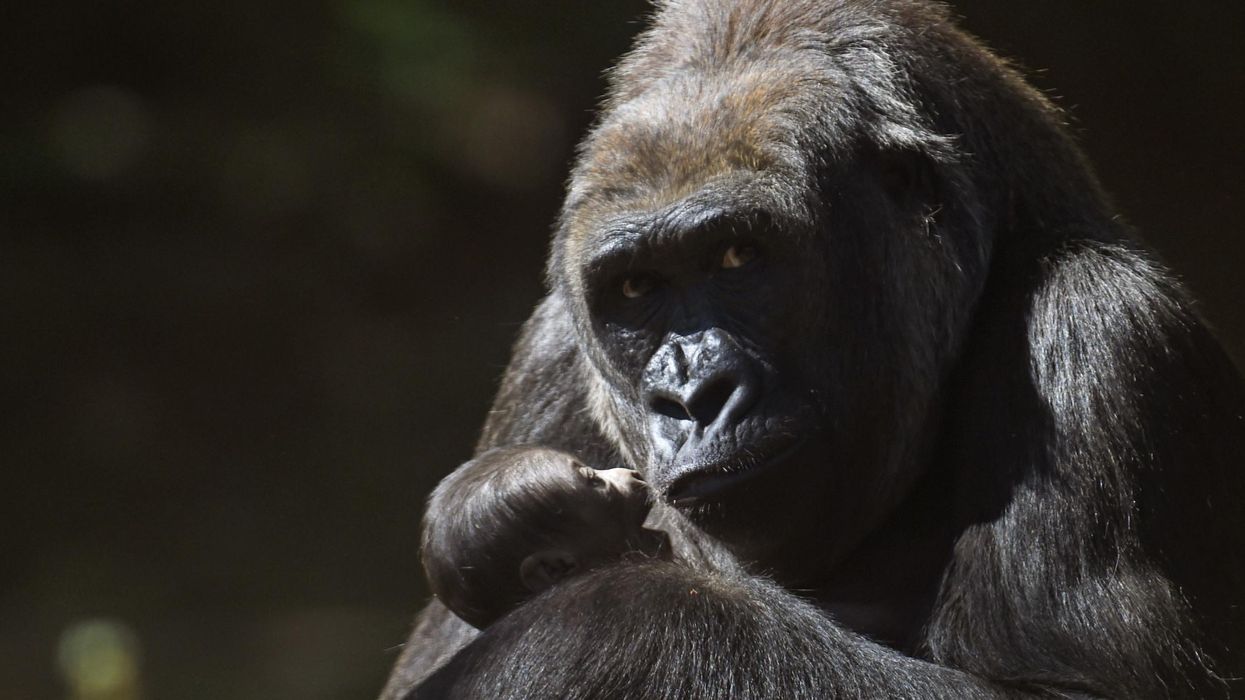Science & Tech
Louis Dor
Jul 12, 2017

Picture:
DOUGLAS MAGNO/AFP/Getty Images
Scientists have warned we may be facing an extinction event much earlier that we thought we would.
A study, published in the Proceedings of the National Academy of Sciences, has warned that species are being wiped out 100 times faster than in the last millennium.
Researchers mapped 27,600 species of birds, amphibians, mammals and reptiles, and concluded that the planet's sixth mass extinction, caused by the influence of man, was likely to be worse than commonly thought.
The report - which involved scientists from Stanford and Mexico City University - found the current rate of vertebrate extinction during the last century was two species a year. When compared to the two species every 100 years over the last two million years, this marks a worrying escalation.
They warned the estimate of the increase in the extinction rate was likely to be "conservative":
As much as 50 per cent of the number of animal individuals that once shared Earth with us are already gone, as are billions of populations.
We emphasise that the sixth mass extinction is already here and the window for effective action is very short, probably two or three decades at most.
All signs point to ever more powerful assaults on biodiversity in the next two decades, painting a dismal picture of the future of life, including human life.
The report added:
The resulting biological annihilation obviously will also have serious ecological, economic, and social consequences.
Humanity will eventually pay a very high price for the decimation of the only assemblage of life that we know of in the universe.
Mike Barrett, director of science and policy at WWF-UK, told the Independent:
From the destruction of forests to the poaching of iconic species, we cannot ignore the impact that humanity is having on the world. We know how to stop this.
It requires governments, businesses and every single one of us to rethink how we produce, consume and value the natural world. We must act now before it is too late.
More from the Independent: The world is facing a 'biological annihilation' of species, researchers warn
Top 100
The Conversation (0)













